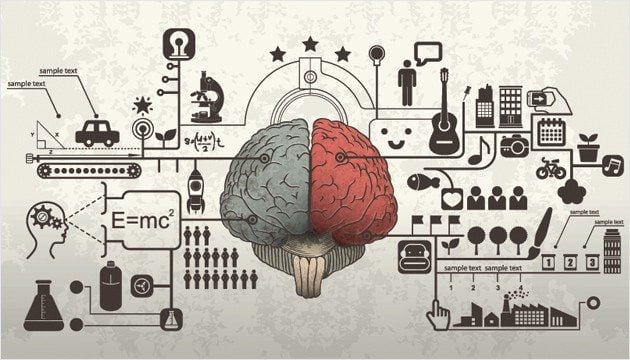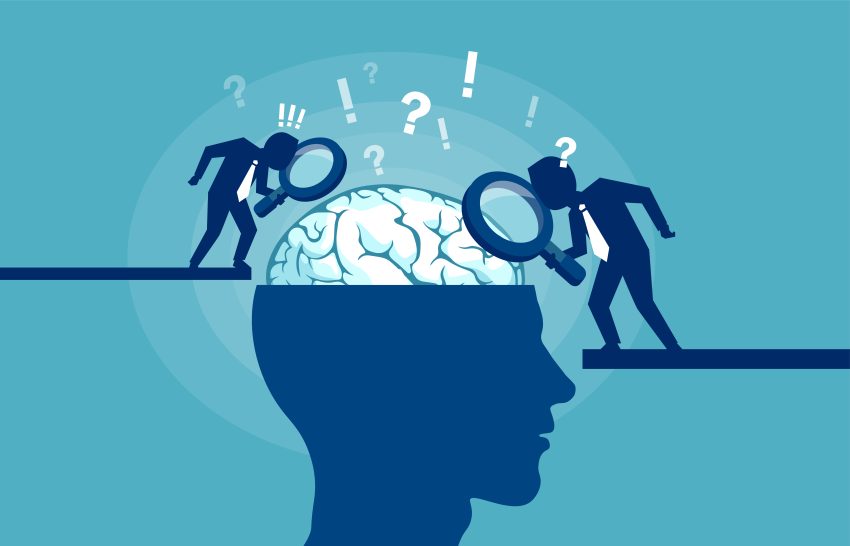In the world of research, the terms “hypothesis” and “objectives” play crucial roles, much like two distinct guiding stars illuminating the path to discovery
Hypothesis: A testable statement predicting an outcome or explaining a relationship.
Objectives: Broad, measurable goals guiding the research process.
Hypotheses are specific, predictions, and are testable. Objectives are broader and not testable by themselves. Both provide direction for research.
Hypotheses

Hypotheses are like educated guesses in research. They are clear statements that predict outcomes or explain relationships between things we’re studying. Researchers use these predictions to guide their investigations.
Further, they often create two types of hypotheses: one that makes a prediction and another that says nothing will happen. Then, by collecting and analyzing data, they figure out if their guess was right or not. They are like the building blocks that help keep research focused and scientific.
Objectives
Research objectives are like the map for a study. They show researchers the main goals and why they’re doing the research. These goals are clear and can be measured, so researchers always know what they’re trying to achieve.
In addition, it can be like a hierarchy, with big and small goals, and they are connected to, but not the same as, hypotheses. Importantly, they can change if researchers learn new things during the study.
Furthermore, they are super important because they shape how the research is done, from how data is collected to how it’s analyzed. Also, help explain the plan to others and see if the study worked when it’s finished.
| Aspect | Hypothesis | Objectives |
| Nature and Function | A specific, testable statement that predicts an outcome or explains a relationship between variables. It serves as a proposition to be tested through research. | Specific, measurable goals that guide the research process and outline what the researcher intends to achieve. They focus on the broader purpose of the study. |
| Testability | Must be testable and falsifiable, meaning it can be proven true or false through empirical evidence. | While they guide the research, objectives themselves are not testable. They set the direction of the study but are not statements to be tested. |
| Scope | Typically narrower in scope, focusing on a specific aspect or relationship within the research. | Can be broader and encompass various aspects of the research, including multiple research questions and goals. |
| Focus | Focuses on a single research question or prediction, aiming to answer that particular question. | Provide a more comprehensive view of the research goals, encompassing multiple questions or goals that may not be specific predictions. |
| Time Frame | Generally remains relevant throughout the entire study, as it is a core element to be tested. | Can evolve and change as the research progresses, adapting to new information and findings. |
| Formation | Usually emerges from existing knowledge, previous research, or theoretical frameworks, serving as a starting point for empirical testing. | Are formulated to outline the broader goals of the research and guide its direction but are not necessarily formed based on existing knowledge. |
| Structure | Typically follows an “if-then” structure, stating the expected relationship between variables. For example, “If X, then Y.” | Is more descriptive and may not follow a specific structure, instead providing clear goals for the study. |
| Usage | Primarily used in experimental and hypothesis-driven research to guide data collection and hypothesis testing. | Commonly used in research planning, project proposals, and to set the overall direction and goals of the study. |
| Number | There may be multiple hypotheses within a single research study, each addressing different aspects of the research question. | Usually, there are a few key research objectives that guide the overall study, providing a more general framework. |
Relationship between Hypothesis and Objectives
In the research process, hypotheses and objectives work hand in hand, forming a dynamic partnership. Objectives outline the overarching goals, offering a sense of direction and context to the study. They guide the formulation of hypotheses by specifying which areas should be investigated and which relationships need testing. This alignment between them provides clarity and ensures that the research remains focused.
While objectives have a broader scope, encompassing various goals, hypotheses bring specificity and detail to the study by narrowing the focus to specific research questions or predictions. The data collected and analyzed within the framework of hypotheses help in evaluating whether the objectives have been met, ultimately measuring the research’s success.
Moreover, both allow for flexibility and adaptation as the research progresses. Objectives can evolve based on emerging insights, and hypotheses may be adjusted to align with any changes to the objectives, ensuring that the study remains relevant and on track. This collaborative relationship between objectives and hypotheses is essential for conducting effective and purposeful research.
Examples

Research Topic: Investigating the effects of a new exercise program on weight loss in overweight individuals.
Hypothesis:
- H1 (Alternative Hypothesis): “The new exercise program will result in a statistically significant weight loss in overweight individuals compared to those not following the program.”
- H0 (Null Hypothesis): “There will be no statistically significant difference in weight loss between overweight individuals following the new exercise program and those not following the program.”
Objectives:
- See if the new exercise plan helps overweight people lose weight.
- Check if the exercise plan affects body weight, body fat, and waist size.
- Compare how well people of different ages stick to the exercise plan.
- Find out if the exercise plan makes people feel better and more satisfied with their progress.
Research Topic: Analyzing the impact of social media usage on students’ academic performance.
Hypothesis:
- H1 (Alternative Hypothesis): “Increased daily hours spent on social media negatively correlates with students’ academic performance.”
- H0 (Null Hypothesis): “There is no significant correlation between daily hours spent on social media and students’ academic performance.”
Objectives:
- To examine the relationship between the daily hours spent on social media and students’ grade point averages (GPA).
- Identify the factors that influence students to use social media during their study time.
- Understand the impact of social media usage on study habits and productivity.
- Explore any variations in academic performance among students in different age groups and majors in relation to social media use.
FAQs
1. What is an example of an objective and hypothesis in research?
Objective: To determine the impact of a new marketing campaign on customer acquisition, measured by an increase of at least 15% in new customers within six months.
Hypothesis: If we implement the new marketing campaign, then the number of new customers will increase by 15% within six months.
2. How do you write an objective and hypothesis?
Objective: State a clear, specific, and measurable goal that outlines what you aim to achieve in your research.
Hypothesis: Formulate a testable statement predicting an outcome or explaining a relationship between variables, typically following an “if-then” structure.
3. Should a hypothesis be objective?
Yes, a hypothesis should be formulated objectively, free from personal bias or subjectivity, to ensure a scientific and impartial approach to research.
Final Words
In conclusion, Both are distinct yet interconnected elements of the research process. Hypotheses provide specific, testable predictions that guide the empirical testing of research questions.
On the other hand, Objectives offer broader measurable goals that shape the overall purpose of a study. While hypotheses pinpoint specific relationships and outcomes, objectives provide a roadmap for the research’s direction. Together, they contribute to a well-structured and purposeful research plan, ensuring that investigations remain focused and effective.

